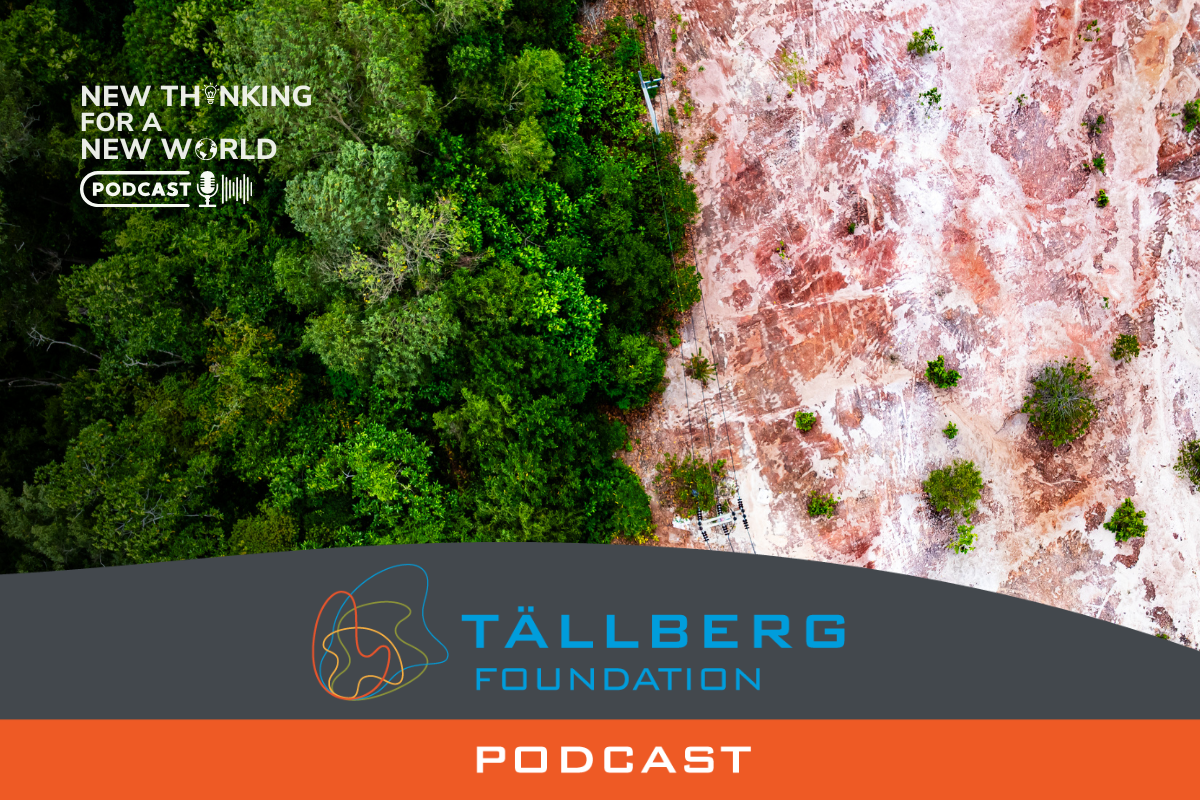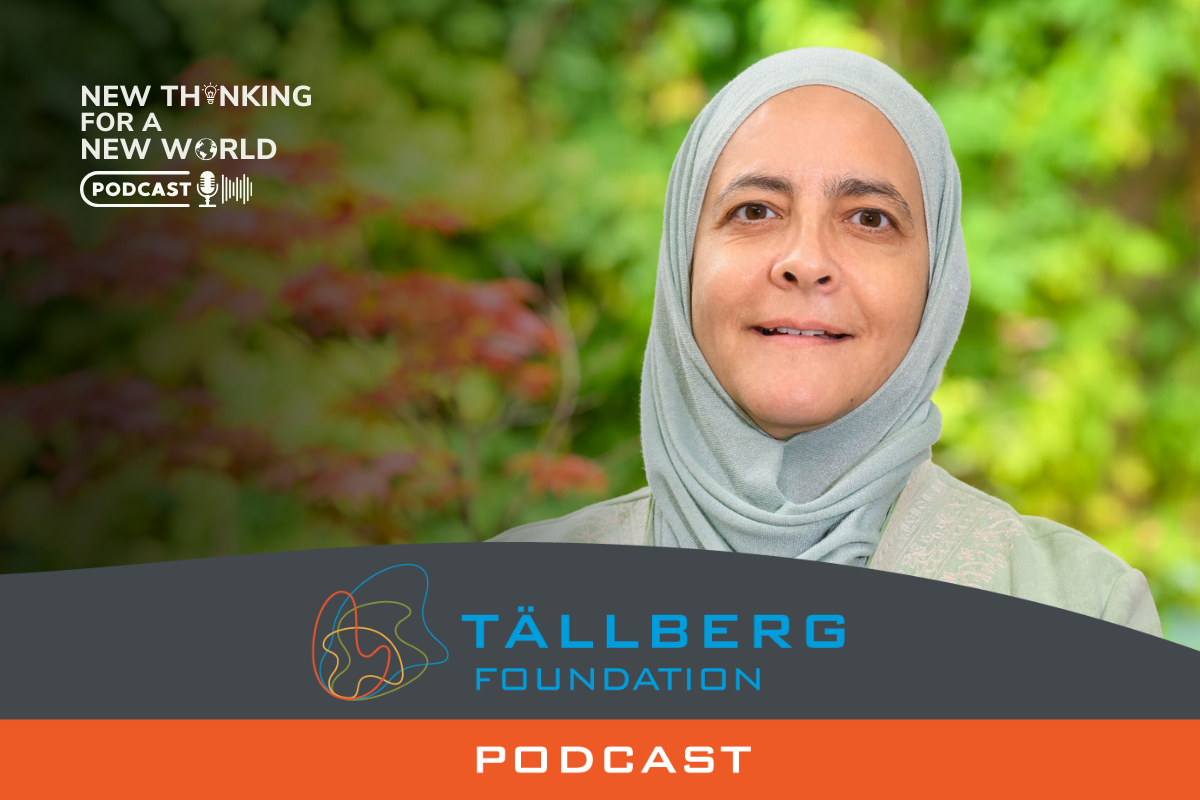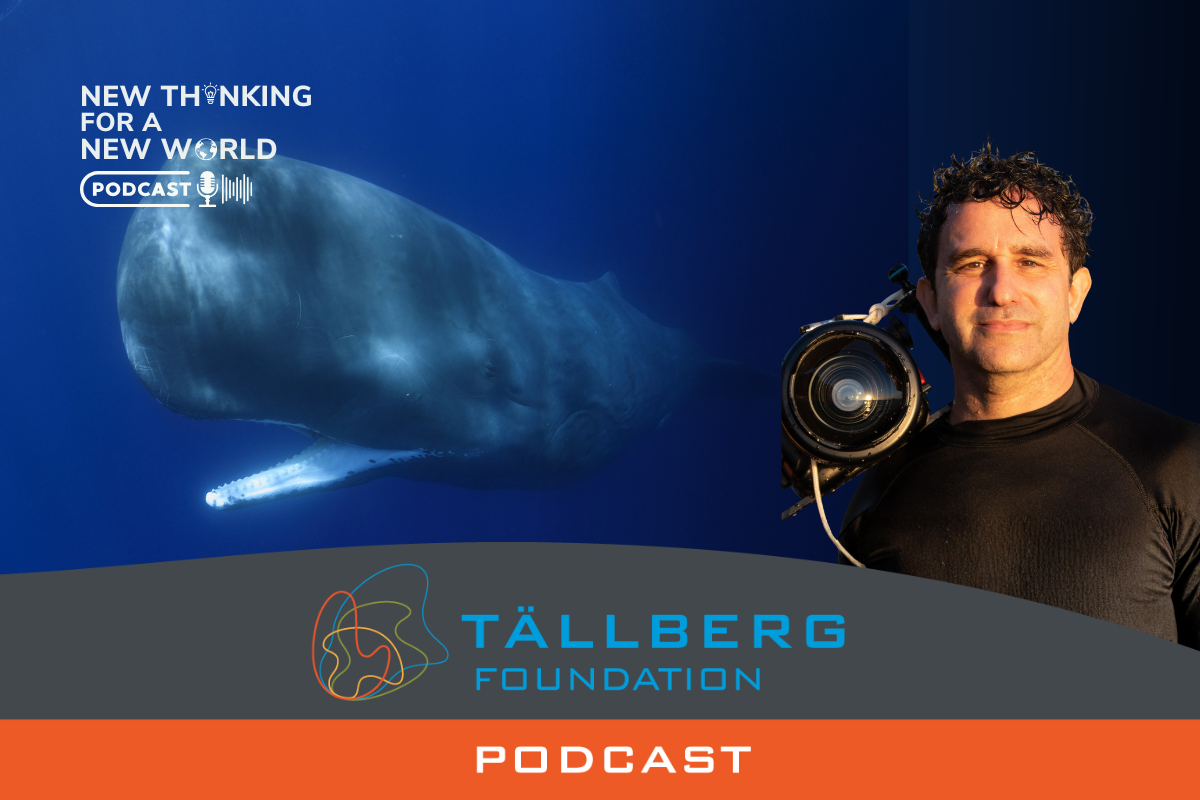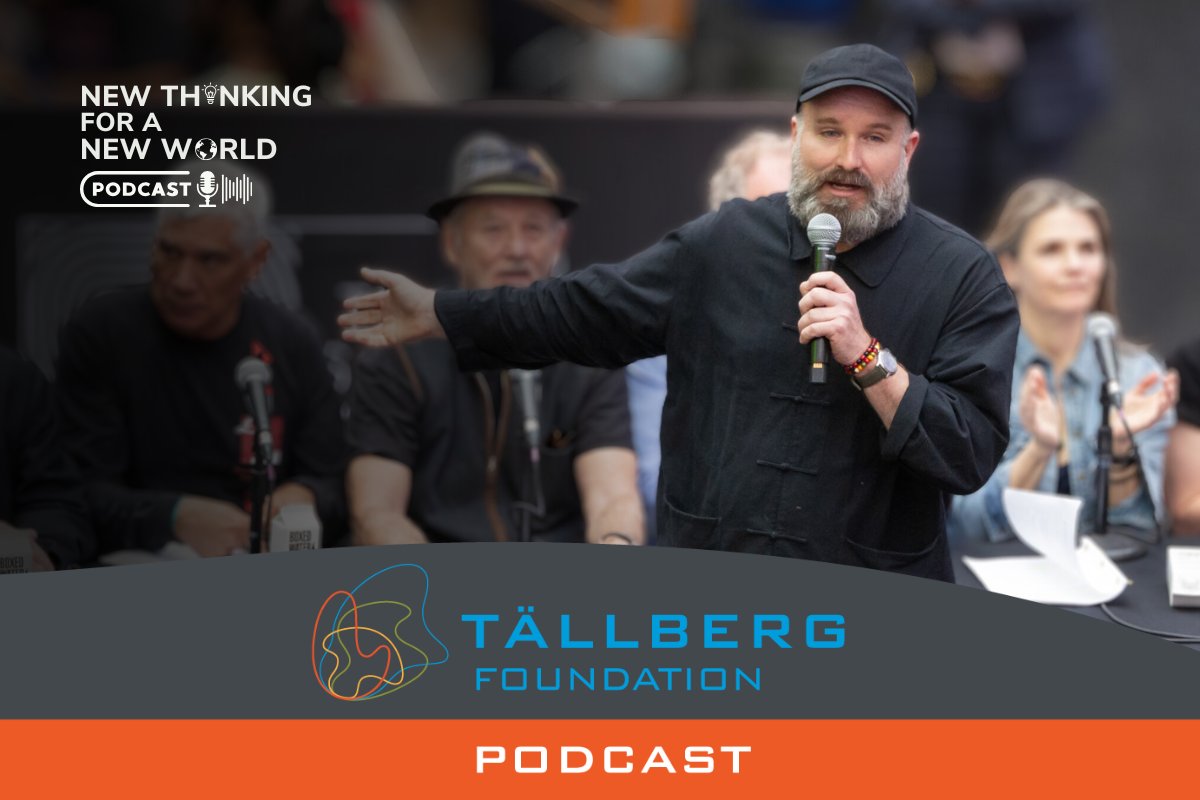We explore living online with a woman whose job it is to make the experience as productive and pleasant as possible. Jaime Teevan is Microsoft’s Chief Scientist for Experiences and Devices.
 Jaime Teevan, Chief Scientist, Microsoft Experiences and Devices and helps Microsoft create the future of productivity. Previously she was the Technical Advisor to Microsoft’s CEO, Satya Nadella, and a Principal Researcher at Microsoft Research AI, where she led the Productivity team. Dr. Teevan has published hundreds of award-winning technical articles, books, and patents, and given keynotes around the world. Her groundbreaking research earned her the Technology Review TR35 Young Innovator, BECA, Karen Spärck Jones, and SIGIR Test of Time awards. She holds a Ph.D. from MIT and a B.S. from Yale and is an affiliate professor at the University of Washington.
Jaime Teevan, Chief Scientist, Microsoft Experiences and Devices and helps Microsoft create the future of productivity. Previously she was the Technical Advisor to Microsoft’s CEO, Satya Nadella, and a Principal Researcher at Microsoft Research AI, where she led the Productivity team. Dr. Teevan has published hundreds of award-winning technical articles, books, and patents, and given keynotes around the world. Her groundbreaking research earned her the Technology Review TR35 Young Innovator, BECA, Karen Spärck Jones, and SIGIR Test of Time awards. She holds a Ph.D. from MIT and a B.S. from Yale and is an affiliate professor at the University of Washington.
“Things have been changing and evolving so quickly, that what surprised us nine months ago doesn’t necessarily surprise us anymore. Initially, it was just surprising that people could actually work while remote, that it was possible to get things done. Actually, people were not only working, but they were showing up more productive. People were getting more done.”
Since the onset of the pandemic, much of life, school, office, shopping, entertainment, dating and even exercise has shifted from the real world to the virtual world. For many, it has been a painful, frustrating experience. For others, it has been liberating and highly productive. For all, we will inevitably emerge changed by the experience.
In this episode of New Thinking for a New World we explore living online with a woman whose job it is to make the experience as productive and pleasant as possible. Jaime Teevan is Microsoft’s Chief Scientist for Experiences and Devices, where she is helping to create the future of productivity.
Listen to the episode here or find us on a podcast platform of your choice (Itunes, Spotify, Acast, Stitcher, Libsyn, etc).
Let us know what YOU think and leave a comment below.




Hello!
From my point of view, the transition to the digital (virtual) active world should not come at the expense of the real active world.
Because, it is not a question of the technological advance and the degree of mastery of digital technology, but much more of the safety and viability of this technology in the event of major natural disasters.
Also, the countries are not all at the same level of technological development to be able to initiate this transition without problem.
Therefore, what is more beneficial for all countries of the world is to protect the authentic active world and further promote the technological transition to the virtual active world…
Best Regards!
Abderrahmane AMROU